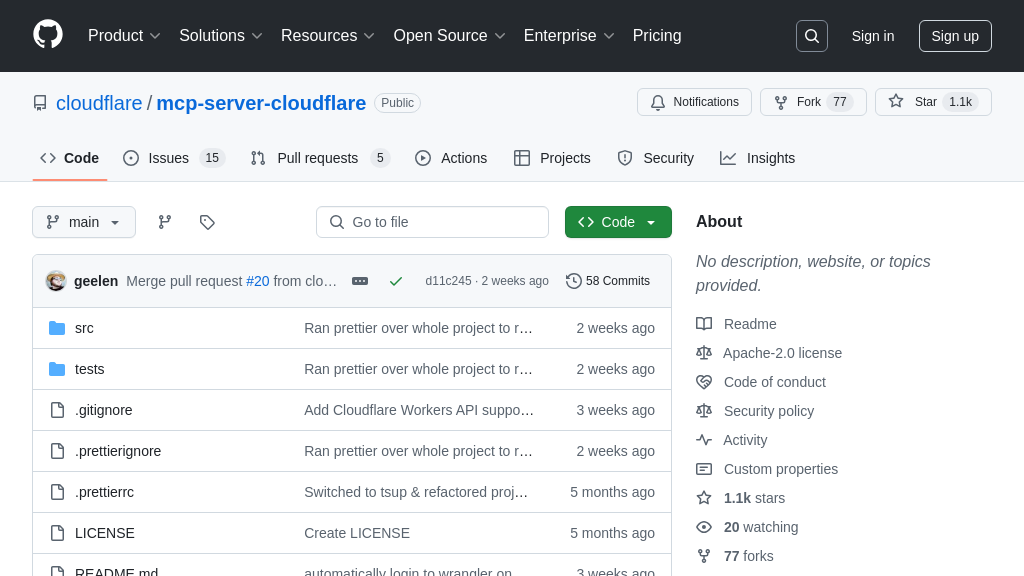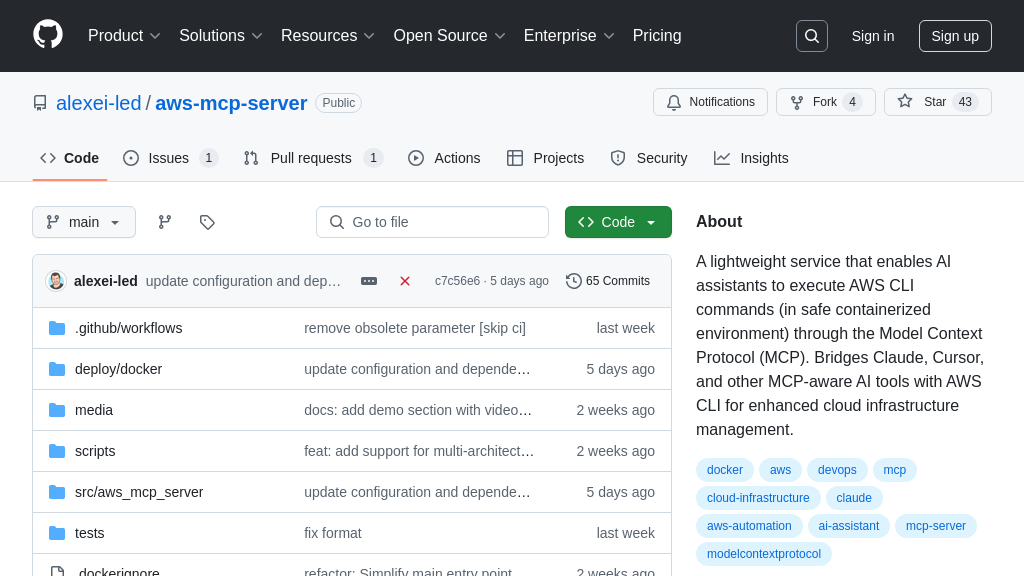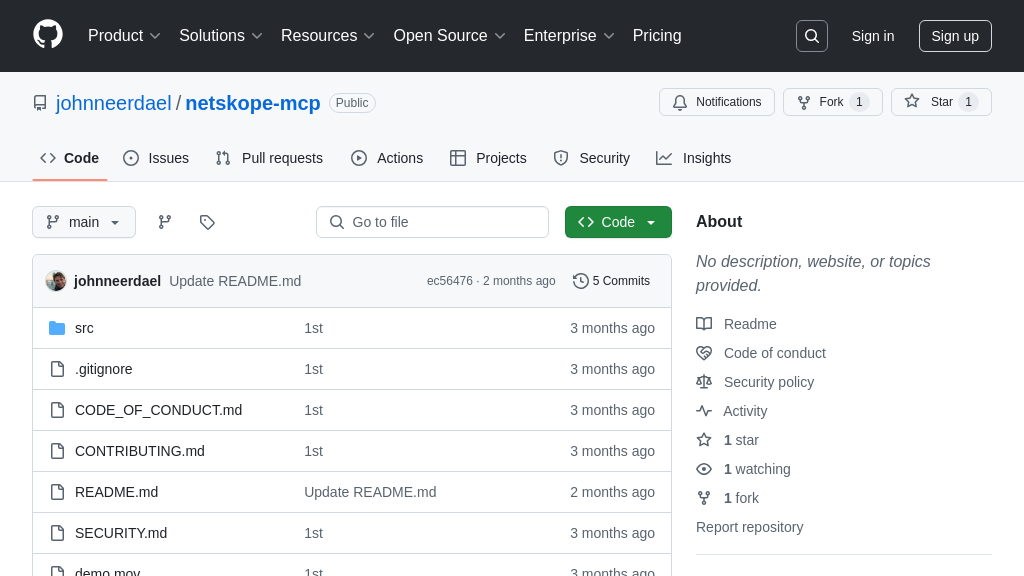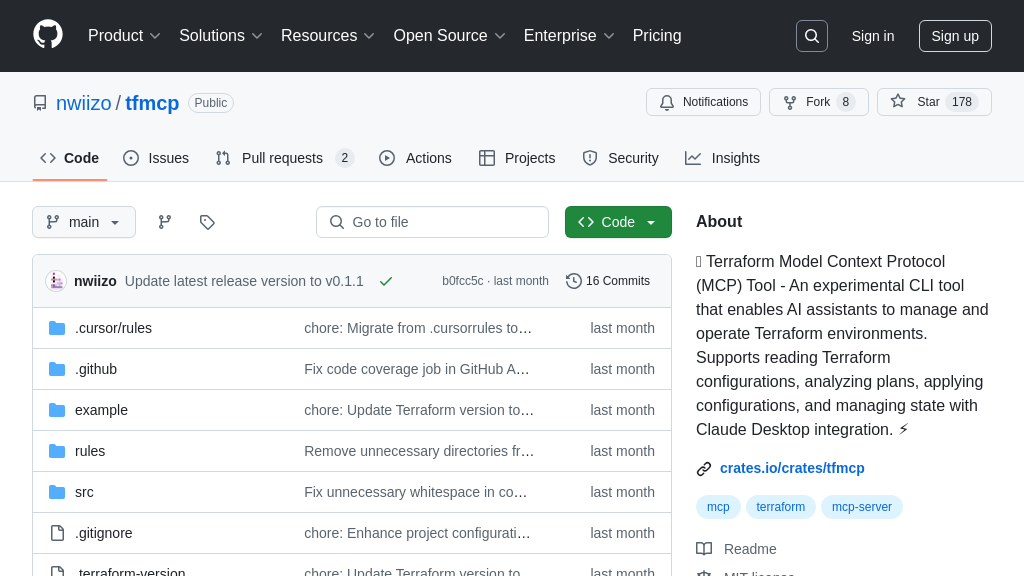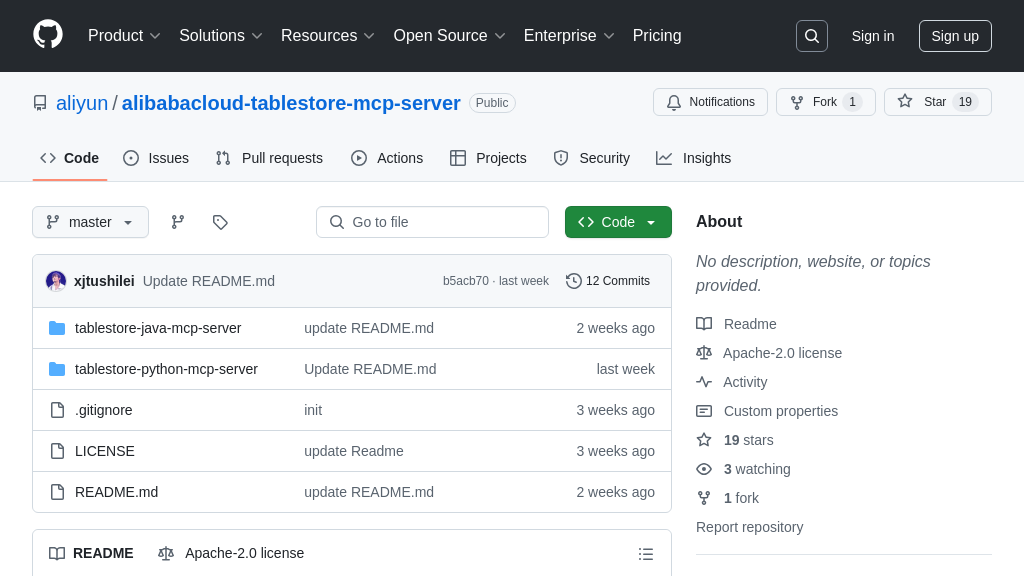supabase-mcp-server
Supabase MCP Server: Programmatically manage Supabase projects with AI models via a standardized MCP interface.
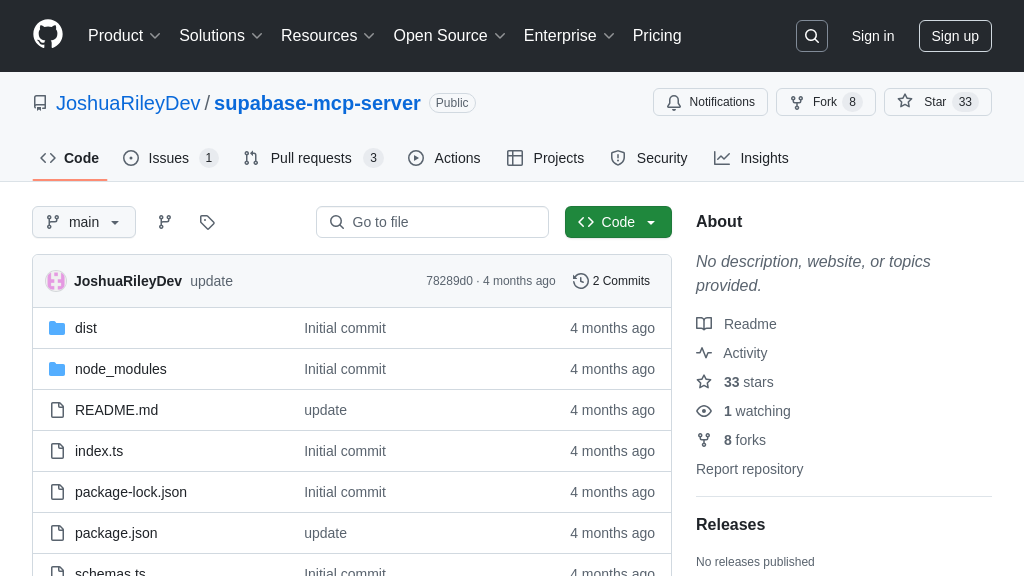
supabase-mcp-server Solution Overview
Supabase MCP Server is a valuable tool within the MCP ecosystem, acting as a server that provides AI models with programmatic access to the Supabase Management API. It empowers AI to manage Supabase projects and organizations through a standardized MCP interface. Key features include listing, creating, and deleting projects and organizations, as well as retrieving project API keys. This server bridges the gap between AI and Supabase, enabling automated management and scaling of Supabase infrastructure. By integrating this server, developers can leverage AI to streamline project lifecycles, automate administrative tasks, and optimize resource allocation within their Supabase environment. The server is implemented using JavaScript and TypeScript, and integrates via a simple configuration to your Claude Config JSON file.
supabase-mcp-server Key Capabilities
Supabase Project Management
The supabase-mcp-server enables AI models to programmatically manage Supabase projects. This includes listing existing projects, retrieving detailed information about specific projects (like their ID, name, and region), creating new projects, and deleting projects that are no longer needed. The server also allows retrieval of API keys associated with each project, which is crucial for secure access and management. This functionality is vital for AI agents that need to dynamically provision and manage Supabase backends for various tasks, such as creating isolated environments for testing or deploying new features.
For example, an AI-powered DevOps tool could use this feature to automatically create a new Supabase project for each new branch in a Git repository, ensuring that each branch has its own isolated database and backend environment. The tool could then use the retrieved API keys to configure the application to connect to the correct Supabase instance. This automation streamlines the development process and reduces the risk of conflicts between different branches. The implementation likely involves calling the Supabase Management API endpoints for project creation, deletion, and information retrieval, wrapping them in an MCP-compliant interface.
Supabase Organization Management
This feature allows AI models to manage Supabase organizations programmatically. It includes the ability to list all organizations associated with a Supabase account, retrieve detailed information about specific organizations (such as their ID and name), and create new organizations. This is particularly useful for AI agents that need to manage multiple Supabase accounts or segregate projects based on different teams or clients. By providing programmatic access to organization management, the supabase-mcp-server enables AI models to automate tasks such as setting up new client accounts or migrating projects between organizations.
Imagine an AI-powered customer onboarding system that automatically creates a new Supabase organization for each new customer. The system could use this feature to provision a dedicated environment for each customer, ensuring data isolation and security. The AI could then configure the new organization with appropriate settings and permissions, streamlining the onboarding process and reducing the manual effort required. This functionality likely leverages the Supabase Management API endpoints for organization management, exposing them through the MCP interface.
API Key Retrieval
The supabase-mcp-server provides the capability to retrieve API keys associated with Supabase projects. This is a critical feature for AI models that need to interact with Supabase projects programmatically, as API keys are required for authentication and authorization. By providing a standardized way to retrieve API keys, the server simplifies the process of connecting AI models to Supabase backends. This eliminates the need for manual key management and reduces the risk of exposing sensitive credentials.
Consider an AI-powered data analysis tool that needs to access data stored in a Supabase database. The tool could use this feature to automatically retrieve the API key for the relevant Supabase project and use it to authenticate with the Supabase API. This allows the tool to seamlessly access and analyze the data without requiring manual intervention. The implementation likely involves calling the Supabase Management API endpoint for retrieving API keys and securely transmitting them to the AI model through the MCP interface.

